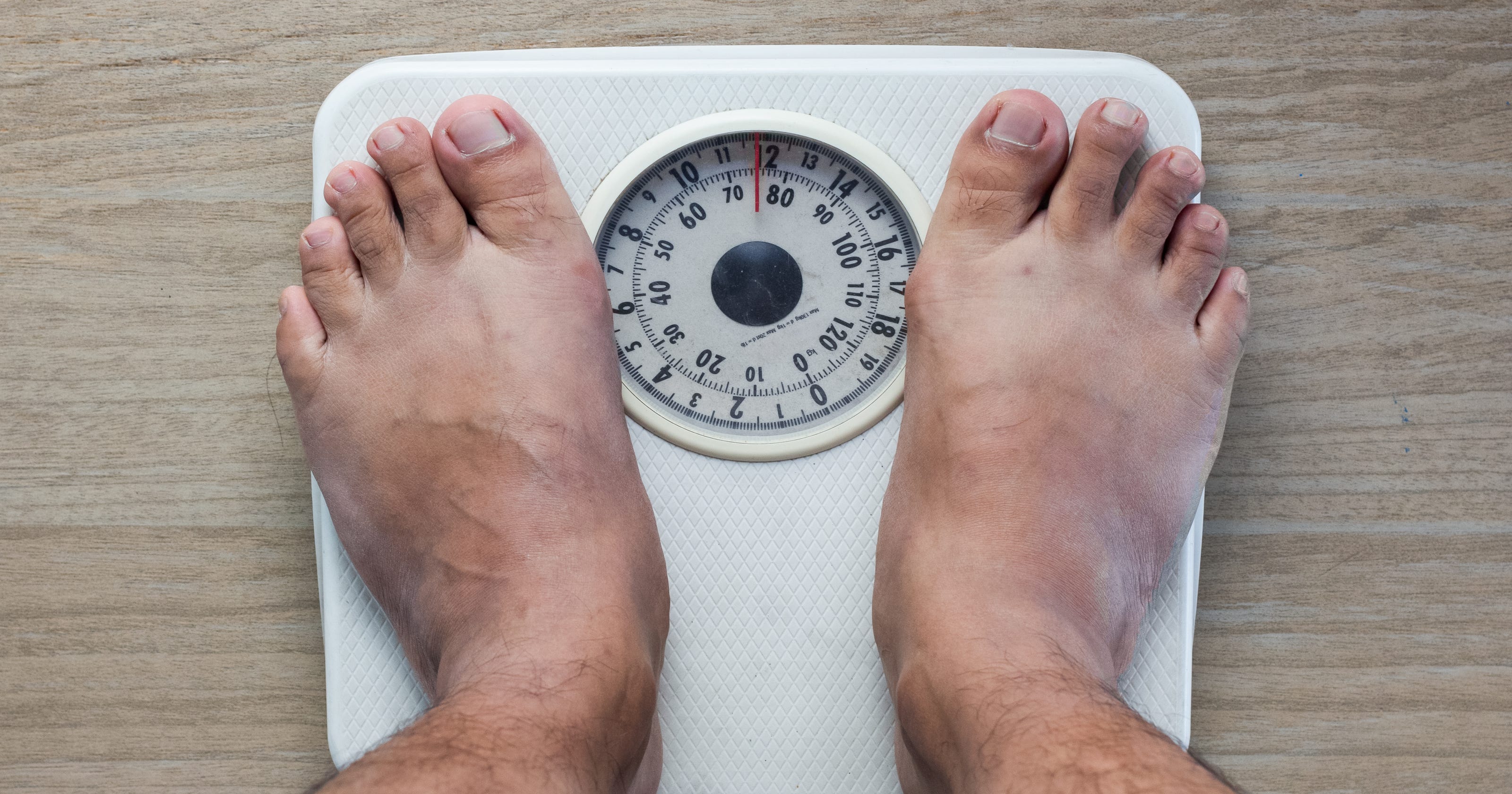
Unlocking Your Potential: The Ultimate Guide to Weight Loss
Introduction
Are you tired of feeling sluggish and unmotivated? Ready to make a change and unlock your full potential? Welcome to the ultimate guide to weight loss. This isn't just about shedding pounds; it's about transforming your life. Let’s dive into how you can achieve effective weight loss and live your healthiest, happiest life.
Understanding Weight Loss
What is Weight Loss?
Weight loss involves reducing your body weight, typically by losing fat, muscle mass, or water. The goal is to achieve a healthier body composition and improve overall well-being.
The Science Behind Weight Loss
Weight loss boils down to a simple principle: burning more calories than you consume. Your body uses calories for energy. When you eat more than you burn, the excess is stored as fat. Conversely, when you burn more than you eat, your body uses stored fat for energy, leading to weight loss.
Why is Weight Loss Important?
Weight loss isn’t just about looking good; it’s about feeling good too. It can reduce your risk of chronic diseases like heart disease, diabetes, and hypertension, improve your mood, boost your energy levels, and enhance your overall quality of life.
Setting Realistic Goals
Define Your Weight Loss Goals
Before starting your weight loss journey, set clear and realistic goals. How much weight do you want to lose? By when? Setting achievable targets helps you stay motivated and on track.
Short-Term vs. Long-Term Goals
Break your weight loss goals into short-term and long-term objectives. Short-term goals could be losing 5 pounds in a month, while long-term goals could be shedding 50 pounds in a year. Celebrate small victories along the way to stay motivated.
Creating a Weight Loss Plan
Personalized Diet Plans
No one diet fits all. Personalize your diet plan based on your preferences, lifestyle, and nutritional needs. Whether it’s a low-carb, high-protein, or balanced diet, ensure it’s sustainable and enjoyable.
Exercise Regimen
Incorporate a mix of cardio, strength training, and flexibility exercises. Aim for at least 150 minutes of moderate aerobic activity or 75 minutes of vigorous activity each week, combined with muscle-strengthening activities.
Tracking Progress
Keep a journal to track your food intake, exercise, and progress. This helps you stay accountable and identify patterns that may need adjustment.
Healthy Eating Habits
Balanced Nutrition
Focus on a balanced diet rich in fruits, vegetables, lean proteins, whole grains, and healthy fats. Avoid processed foods, sugary drinks, and excessive salt.
Portion Control
Be mindful of portion sizes. Using smaller plates, reading food labels, and being aware of serving sizes can help prevent overeating.
Mindful Eating
Eat slowly and savor your food. Mindful eating helps you recognize when you’re full, reducing the likelihood of overeating.
Exercise and Physical Activity
Finding the Right Exercise
Choose activities you enjoy, whether it’s walking, swimming, cycling, or dancing. The key is to stay active consistently.
Incorporating Exercise into Daily Life
Find ways to be more active throughout the day. Take the stairs instead of the elevator, park farther from entrances, or take short walking breaks during work.
Staying Motivated
Join a fitness group, find a workout buddy, or use fitness apps to stay motivated. Setting small, achievable goals and rewarding yourself can also keep you on track.
Overcoming Weight Loss Plateaus
What is a Weight Loss Plateau?
A weight loss plateau occurs when your progress stalls despite continued efforts. It’s a common part of the weight loss journey.
How to Overcome Plateaus
Reassess your diet and exercise routine. Sometimes, your body adapts to your regimen, so mix things up with new workouts and dietary changes to jumpstart your progress.
The Role of Hydration
Why Hydration Matters
Staying hydrated is crucial for overall health and weight loss. Water helps with digestion, nutrient absorption, and can even help control hunger.
How Much Water Should You Drink?
Aim for at least 8 cups (64 ounces) of water a day, but individual needs may vary based on activity level, climate, and body size.
Sleep and Weight Loss
The Connection Between Sleep and Weight
Lack of sleep can affect hormones that regulate hunger, leading to increased appetite and weight gain. Aim for 7-9 hours of quality sleep per night.
Tips for Better Sleep
Establish a regular sleep schedule, create a relaxing bedtime routine, and limit exposure to screens before bed to improve your sleep quality.
Managing Stress for Weight Loss
How Stress Affects Weight
Stress can lead to emotional eating and poor food choices. Managing stress is essential for a successful weight loss journey.
Stress Management Techniques
Practice yoga, meditation, deep breathing exercises, or find hobbies that relax and engage you. Regular physical activity also helps reduce stress.
The Importance of Support
Finding a Support System
Surround yourself with supportive friends, family, or join a weight loss group. A strong support system can provide motivation, accountability, and encouragement.
Professional Guidance
Consider consulting a dietitian, personal trainer, or healthcare provider for personalized advice and support.
Avoiding Common Pitfalls
Crash Diets
Avoid fad diets that promise quick fixes. They are often unsustainable and can lead to nutritional deficiencies and weight regain.
Unrealistic Expectations
Be patient with yourself. Weight loss is a gradual process, and setbacks are normal. Focus on long-term health rather than quick results.
Maintaining Weight Loss
Sustainable Habits
Adopt healthy habits that you can maintain for life. Consistency is key to long-term success.
Celebrating Milestones
Acknowledge and celebrate your achievements, no matter how small. Rewarding yourself can keep you motivated and committed.
Conclusion
Embarking on a weight loss journey is about much more than just the number on the scale. It’s about unlocking your potential and living your best life. By setting realistic goals, adopting healthy habits, staying active, and seeking support, you can achieve sustainable weight loss and enjoy a healthier, happier you. Remember, every step you take is a step towards unlocking your full potential. So, are you ready to start your journey today?

Tidak ada komentar: